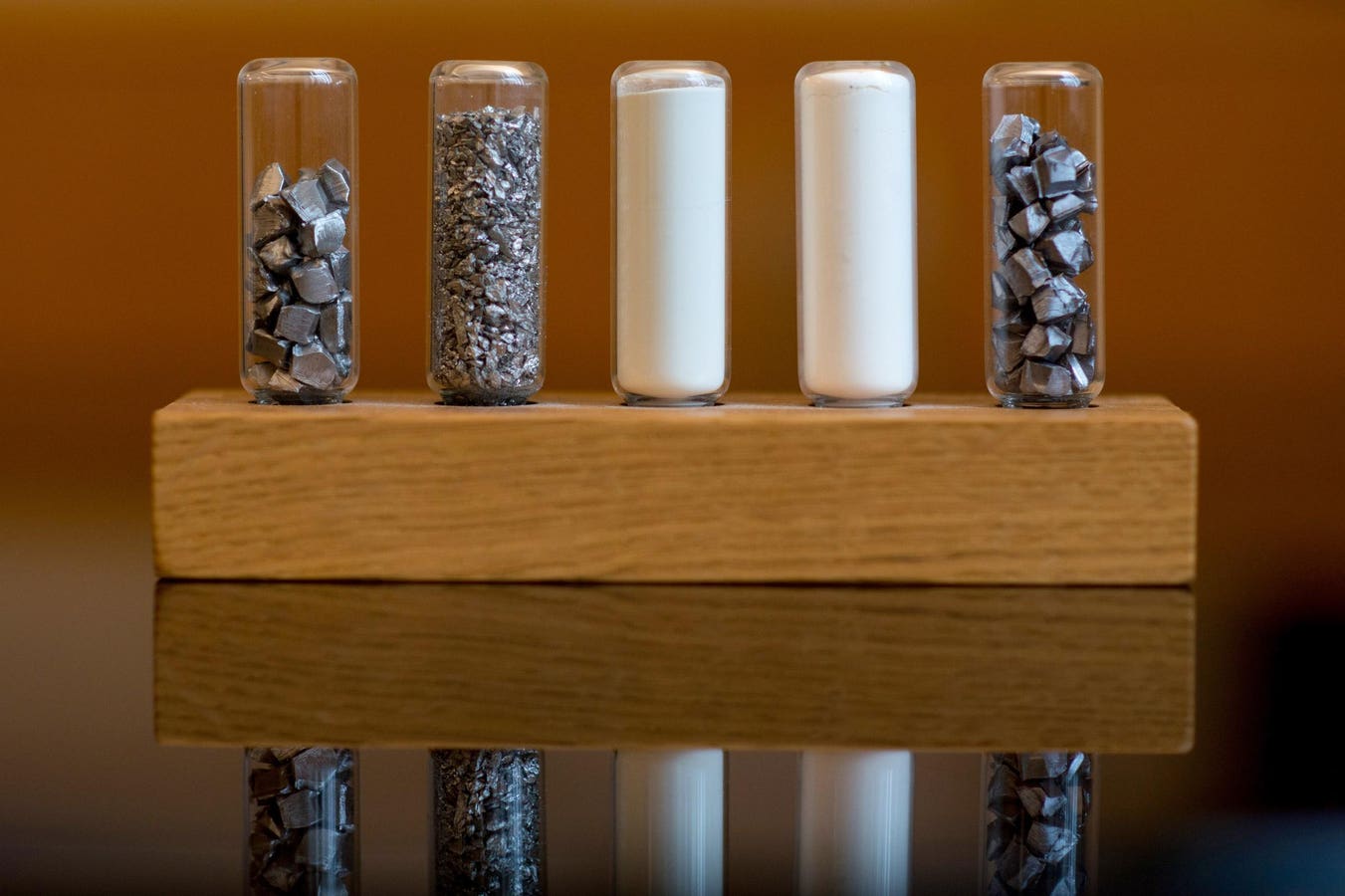New research reveals that, contrary to popular belief, romantic fairytales don’t start on your wedding day, but rather well in advance.
getty
There’s a glittering fantasy that has been spread around for generations: that once the wedding bells ring, everything else should magically fall into place. The movies promise us that all the tension and doubts in a relationship will simply melt away the moment the vows are said and done. That “happily ever after” always begins with “I do.”
But the truth, as a growing body of research shows us, is far less dreamy and a touch more realistic. Just as an August 2025 study published in the Journal of Personality teaches us, marriage is not the magic cure it’s often made out to be. Here’s the truth about fairytale marriages, according to the study’s findings.
The Myth Of Marriage As A Cure-All
There’s no doubt that romantic relationships do indeed offer us an enormous amount of benefits. Someone in a committed partnership will enjoy noticeably better emotional health, social support and even physical outcomes than that of their single peers. Overall, the past several decades of psychological research has consistently shown that love is good for us in ways that affect nearly every aspect of our lives.
Yet still, marriage continues to be treated as the ultimate you could ever reach in a romantic relationship. Moving in together, building a shared life or even just comfortably growing closer as a couple all seem to pale in comparison to the supposedly transformative leap into marriage.
At the cultural level, marriage is painted as a one-size-fits-all solution — a simple and natural fix to whatever possible issue a relationship may have faced since its start.
Given this prevailing narrative, the August 2025 study sought to put these ideas to the test. To measure whether or not “happily ever after” actually exists, the researchers behind the study analyzed data from two massive panel studies: one from the UK and one from Germany. Altogether, they obtained insights from just over 1,100 married participants between 1984 and 2019, which resulted in an astonishing 35 years of relationship data.
The overarching objective of the study was simple and direct: how much does marriage actually increase an individual’s life satisfaction? To answer this, the researcher team tracked changes across a specific sequence of stages throughout the participants’ lives: from being single, to starting a new relationship, to moving in with their partner and, finally, to marrying them.
If the cultural myth were indeed true, the authors suggested that we should then expect to see a dramatic jump in the trajectory of the participants’ life satisfaction, right at the moment they were married. But that’s not what the data showed at all.
The single biggest leap in life satisfaction came not from marriage; it didn’t even come from moving in together. Rather, it came from the very beginning: when the two partners started the relationship itself.
What Healthy Couples Do Instead
As the researchers explain in their discussion of the results, the explanation here lies in what really drives happiness within relationships. Specifically, the authors suggest that marriage cannot serve as the proverbial “spark” that suddenly gives rise to happiness out of thin air. In reality, marriage will almost always be a continuation of whatever was already happening in the relationship.
The true drivers of happiness are far less glamorous than what a wedding ceremony looks like. It comes down to how connected you feel to your partner; to how supported you feel by them; to whether or not the relationship itself feels as though it’s truly fulfilling and sustainable.
In a thriving partnership, major milestones — like moving in together or tying the knot — will sustain those existing bits and pieces of happiness. But it’s very rare that they’d generate brand-new happiness that wasn’t already present in one way or another.
This is precisely where the “happily ever after” myth becomes especially dangerous. Too many couples fall into the trap of thinking that the next milestone will “fix” whatever problem is currently plaguing them. They hope that if they move in together, the arguments will stop. That if they get married, the distance they feel will suddenly narrow. Some may even go so far as to have children in hopes that parenthood will patch over deep whatever cracks there are in the relationship.
But the opposite is a far more likely reality. The pressures of marriage will only magnify the existing problems; it’d be near impossible for a legal document to magically erase them. This is because marriage isn’t a magical reset button, nor is it even a “fresh start.” A marriage, instead, is built on the foundation of the relationship that you and your partner have already built.
If that foundation is cracked, the weight of expectation will only spur those cracks to widen and spread. This is why couples who expect their marriage to heal them will most often find themselves sorely disappointed. Instead of the storybook glow of everlasting happiness, they’re forced to confront that nothing’s really changed at all.
On the other hand, couples who are already happy in their relationship tend to reap the most benefits from their marriage. More importantly, they do so without having to work through any drastic dips in their satisfaction.
The “before” and “after” snapshots of their relationship pre- and post-marriage usually look remarkably similar. And that, paradoxically, is a good thing. It means they’ve already put in the work to build their trust in one another; to figure out how to communicate effectively with one another and how to honor one another’s needs and wants. “I do,” for them, is a celebration, rather than a wish for something better.
Marriage, then, could never be the starting point of your “happily ever after.” The couples who thrive after marriage are those who already knew how to thrive before it. So, if you’re hoping to have a fairytale marriage, this is your sign to start the hard work — because it has to begin long before you ever say “I do.”
Has your marriage been as close to “happily ever after” as it gets? Take this science-backed test to find out: Marital Satisfaction Scale









